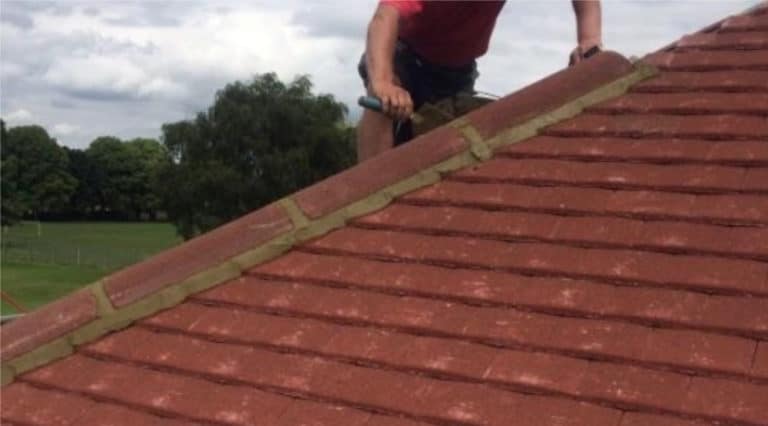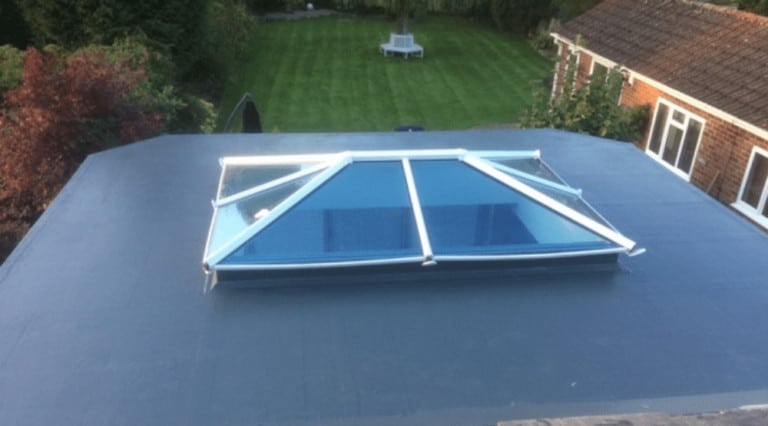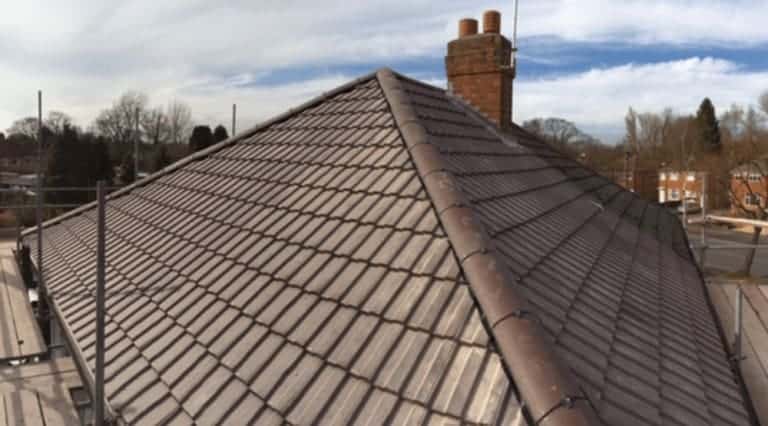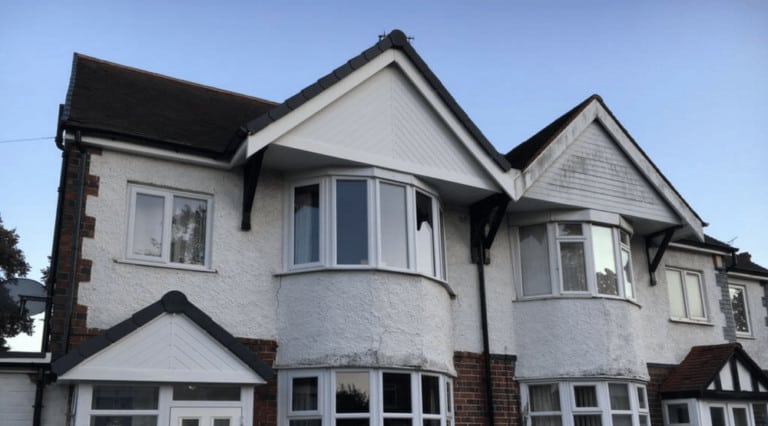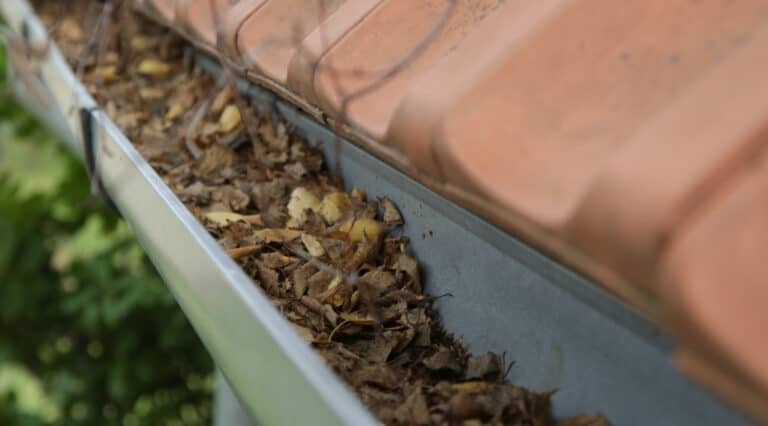Find My Local Expert Warning Signs Your Home Needs Roof...
Read More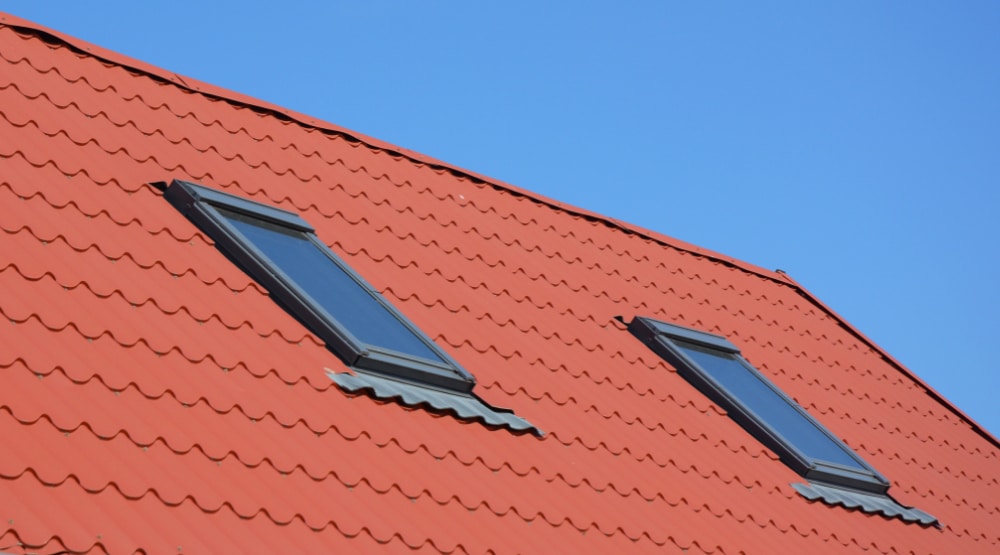
Metal Roofing Pros and Cons: The Good, The Bad, and The Ugly
Metal roofing is an increasingly popular option in the UK for homeowners and businesses. It offers a range of advantages and disadvantages compared to traditional roofing materials.
Advantages of metal roofing include its durability and longevity. Metal roofs can last 50 years or more, outlasting many other types of roofing materials. They are also resistant to weather, fire, and insects, making them a low-maintenance option for property owners.
One drawback of metal roofing is its initial cost, which can be higher than other materials. However, the long-term savings from its durability and low maintenance requirements can outweigh the upfront investment. Metal roofing also tends to be more lightweight than other materials, which can reduce stress on the structure of the building.
In terms of maintenance, metal roofing requires very little upkeep over its lifetime. It is important to inspect the roof regularly for any signs of damage and to keep it clean, but overall it is a low-maintenance option for property owners.
Metal Roofing Advantages
If you’re considering a new roof for your home or building, metal roofing may be a great option to explore. Metal roofs have become increasingly popular in recent years due to their durability, energy efficiency, and aesthetic appeal. In this article, we’ll take a closer look at the advantages of choosing a metal roof for your property.
1. Longevity and Durability
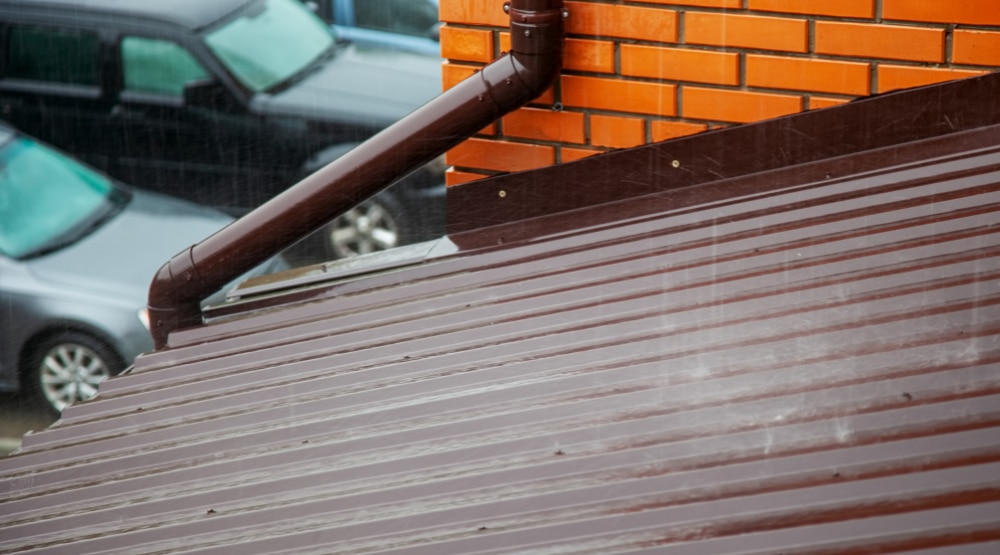
One of the primary benefits of metal roofing is its exceptional longevity and durability. Unlike traditional asphalt shingles, metal roofs can last 50 years or more, making them a long-term investment for your property. They are also resistant to extreme weather / harsh weather conditions such as heavy rain, strong winds, and snow, making them a great option for areas prone to severe weather.
2. Energy Efficiency
Metal roofs are highly energy efficient, helping to reduce cooling costs in the summer and insulate your property in the winter. The reflective surface of metal roofing helps to deflect the sun’s rays, keeping your home cooler and reducing the need for air conditioning. Additionally, some metal roofs are designed with integrated ventilation systems that further improve energy efficiency.
3. Low Maintenance
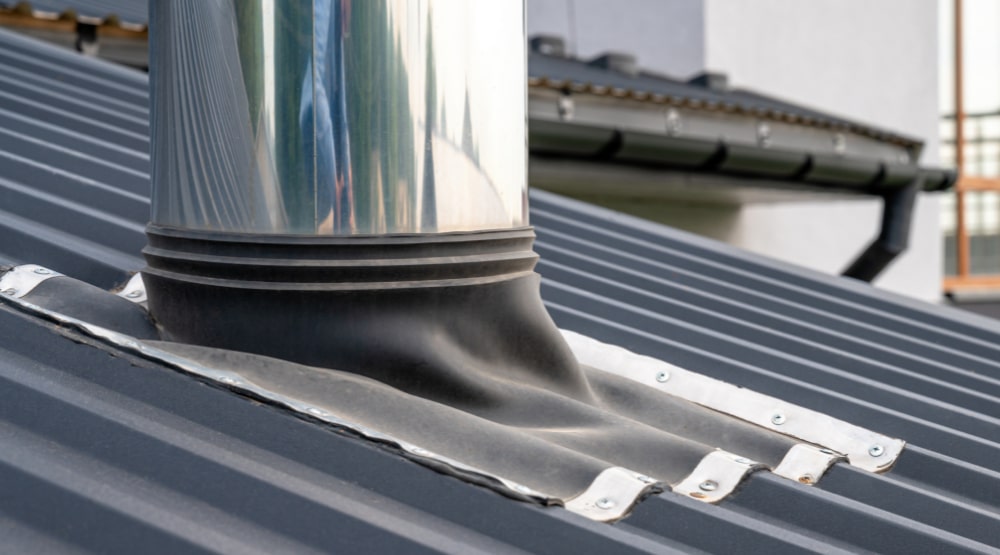
Another advantage of metal roofing is its low maintenance requirements. Unlike other types of roofing materials, metal roofs require minimal upkeep over the years. They are resistant to mold, mildew, and insect infestation, and they do not rot or crack like traditional shingles. This means you can enjoy a beautiful, durable roof without the hassle of frequent maintenance or repairs.
4. Aesthetic Appeal and Variety
Metal roofs come in a wide range of styles, colors, and finishes, allowing you to customize the look of your property to suit your personal taste and architectural style. Whether you prefer the sleek, modern look of standing seam metal roofing or the classic charm of metal shingles, there is a metal roofing option to complement any property. Plus, metal roofs can significantly increase the curb appeal and value of your home or building.
Cons of Metal Roofs
When it comes to roofing options, metal roofs have become increasingly popular due to their durability and longevity. However, like any roofing material, metal roofs come with their own set of drawbacks that homeowners should consider before making the investment. In this article, we will explore some of the cons of metal roofs and help you weigh the pros and cons to make an informed decision for your home.
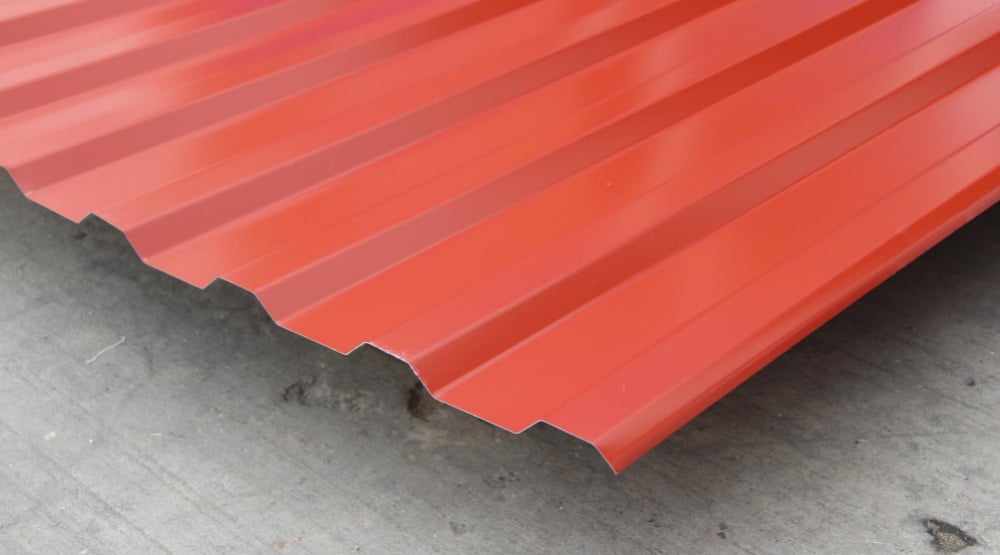
Prone to Dents
Some types of metal roofing are more prone to dents than others. For instance, aluminum and copper roofing are generally more susceptible to dents, especially in areas with heavy hail or severe weather conditions. These metals are softer and more malleable, making them more likely to sustain dents from impact.
On the other hand, steel and zinc roofing tend to be stronger and less likely to dent. These metals are more rigid and resistant to impact, making them a better choice for areas prone to severe weather or where the risk of denting is a concern.
The type of metal used in the roofing significantly affects its resistance to denting. Softer metals like aluminum and copper are more prone to dents, while harder metals like steel and zinc are more resistant. Considering the climate and weather conditions where the metal roof will be installed is crucial when choosing the type of metal to minimize the risk of denting. Additionally, the thickness and quality of the metal, as well as the roof’s structural integrity, can also play a role in its resistance to denting. Overall, it’s essential to consider these factors when choosing a metal roof to ensure it can withstand potential impacts and minimize the risk of dents.
Metal Roof can be Expensive
Installing a metal roof in the UK can be quite expensive, with costs varying depending on factors such as the type of metal being used, the complexity of the installation, and the size of the roof. The price for materials alone can range from £8 to £12 per square foot, with higher-end materials such as copper and zinc being more expensive. Installation labor costs can also add up, with some roofing companies charging around £500 to £700 per square meter for the installation. Furthermore, specialized tools and equipment required for working with metal roofs can contribute to the overall expenses.
Despite the high initial costs, investing in a metal roof can lead to significant long-term savings and benefits. Metal roofs have a longer lifespan than traditional roofing materials such as asphalt shingles, meaning they require less frequent replacement. Additionally, metal roofs are more durable and require minimal maintenance, which can save homeowners money on repairs and upkeep in the long run. Moreover, metal roofs are energy-efficient, helping homeowners save on heating and cooling costs over time.
There are different types of metal roofs available in the UK, each with its own cost range. Options include steel, aluminum, copper, and zinc roofs, with prices varying based on the material’s durability and aesthetics. Steel roofs are typically the most affordable, with costs ranging from £50 to £100 per square meter, while copper roofs are on the higher end, with prices ranging from £150 to £200 per square meter. Understanding the cost ranges for different types of metal roofs is essential for homeowners looking to make an informed decision about their roofing options.
Not enough good roofers.
It can be challenging to find a qualified contractor to install a metal roof. Here are some qualifications and experiences to look for:
Metal Roof Installation Experience: Look for a contractor with extensive experience specifically in installing metal roofs. Metal roofing requires specialized skills and knowledge that not all contractors possess.
Proper Insurance and Licensing: Ensure that the contractor has the necessary insurance coverage and proper licensing to work in your area. This will protect you from any liability in case of accidents or property damage during the installation process.
Positive Customer Reviews: Check for references and customer reviews to gauge the contractor’s reputation and quality of work. Positive feedback from previous clients is a good indicator of their reliability and professionalism.
Independent Roof Inspector: Consider hiring an independent roof inspector to evaluate the condition of your roof before the installation. This will help you identify any pre-existing issues that need to be addressed and ensure that the contractor provides accurate quotes and recommendations.
Talk to a Professional
When it comes to making decisions about your roof, many homeowners are faced with numerous options and considerations. From choosing the right materials to deciding on the type of roof design, the process can be overwhelming. That’s where a professional roofer can be a valuable resource. By consulting with a roofer, homeowners can gain insight into the best options for their specific needs and budget.
Our may have a roofer available in the area to help homeowners weigh their options and make informed decisions about their roofing needs. Whether it’s a simple repair, a complete replacement, or just some advice, having a knowledgeable roofer on hand can make all the difference in ensuring a successful outcome.
By working with a roofer, homeowners can explore different materials, styles, and technologies to find the best fit for their home. Additionally, a roofer can provide cost estimates, timeframes, and even offer valuable tips for maintenance and care. Overall, having a professional on board can ease the stress of decision-making and lead to a roof that not only looks great but also performs well for years to come. So, if you’re in need of roofing guidance, consider reaching out to see if there’s a roofer nearby who can assist you in weighing your options.
You May Also Like...
Roof Lanterns and Roof Lights Installation and Repair
Find My Local Expert Roof Lanterns and Roof Lights Installation...
Read MoreRidge Tile Fixing
Find My Local Expert Ridge Tile Fixing The top of...
Read MoreGuttering, Fascia and Soffit Repair and Replacement
Find My Local Expert Guttering, Fascia and Soffit Repair and...
Read MoreCeiling Leaks? Blame Clogged Gutters: Prevention Tips & Tricks
Find My Local Expert Ceiling Leaks? Blame Clogged Gutters: Prevention...
Read MoreGet a quote from our recommended professional!
My Trusted Expert Guarantee
Experts Have Been Vetted & Approved
